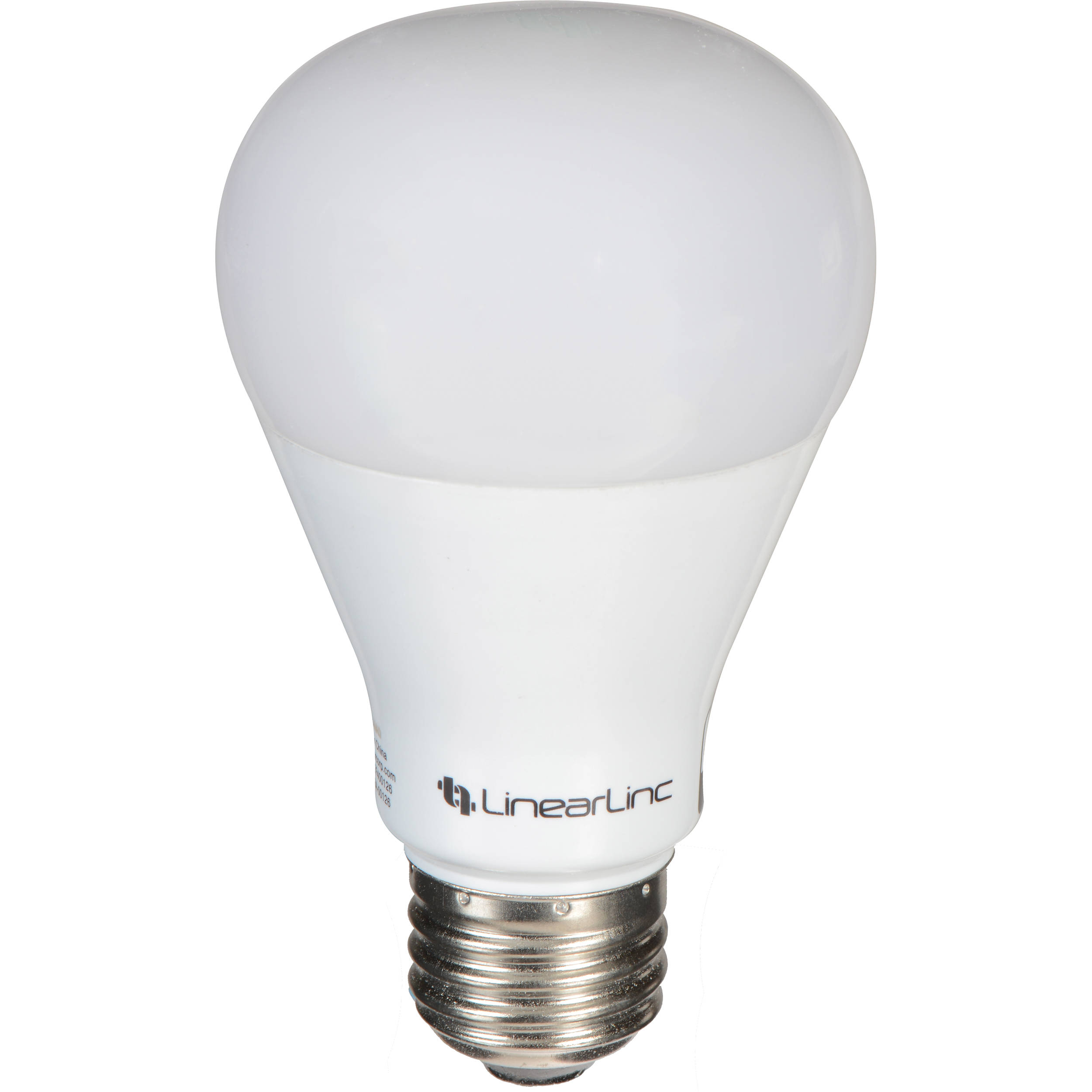this post was submitted on 03 Nov 2023
152 points (91.8% liked)
Asklemmy
49417 readers
348 users here now
A loosely moderated place to ask open-ended questions
If your post meets the following criteria, it's welcome here!
- Open-ended question
- Not offensive: at this point, we do not have the bandwidth to moderate overtly political discussions. Assume best intent and be excellent to each other.
- Not regarding using or support for Lemmy: context, see the list of support communities and tools for finding communities below
- Not ad nauseam inducing: please make sure it is a question that would be new to most members
- An actual topic of discussion
Looking for support?
Looking for a community?
- Lemmyverse: community search
- sub.rehab: maps old subreddits to fediverse options, marks official as such
- !lemmy411@lemmy.ca: a community for finding communities
~Icon~ ~by~ ~@Double_A@discuss.tchncs.de~
founded 6 years ago
MODERATORS
you are viewing a single comment's thread
view the rest of the comments
view the rest of the comments

What do you mean dirty power?
Let me copy and paste the top search result from Google:
“Dirty power” is a term used to describe electricity that deviates from this standard due to spikes, surges, and dips. The term also applies to electricity that's been tainted by an outside influence, such as a stray wireless signal. Feb 13, 2023
Appreciate you thanks fam ❤️
No problem, the cost is just one passive aggressive comment 🙂
One man's passive-aggression is another's man's learning annex
Some older wiring and devices can interact poorly and cause fluctuating voltages. The more stable the voltage, the less wear on the components and vice versa.
If you were to lower the voltage would it still cause extra wear? Like is it the fluctuation itself that causes the wear or is the the 'higher than expected voltage' during peaks of the fluctuating?
I know undervolting can make some electronics, including lightbulbs last longer, but I don't know if that would countermand the extra wear from the changing voltage.
I haven't explored LEDs too much, but have an education related to transistors. Because they are diodes, significant overvolting will degrade the diode itself and if it were to happen often enough could damage the junction to the point of no longer working. Fluctuating voltage could damage other parts of the device, but I'd guess overvolting is the bigger danger